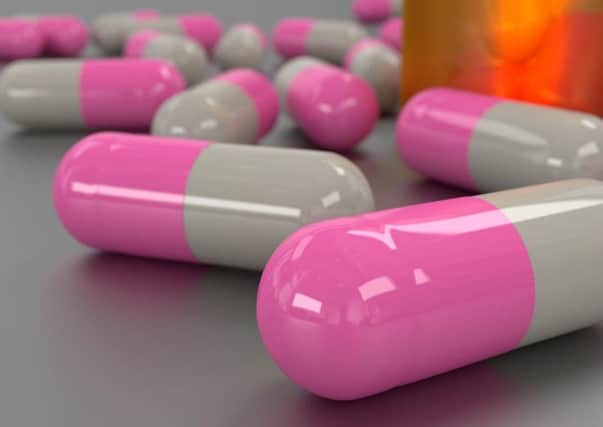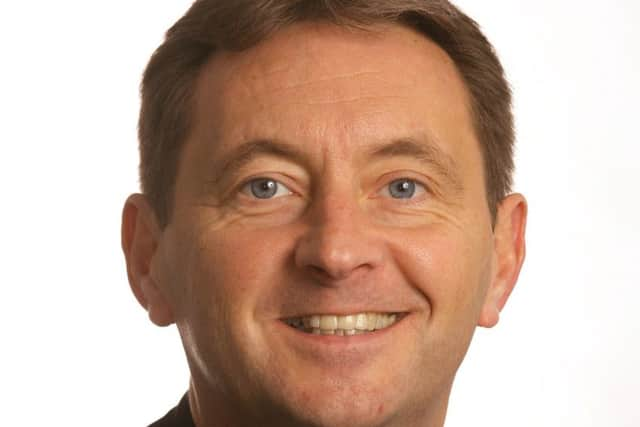Anti-depressant prescriptions in South Tyneside show sharp rise in three years


General Practitioners have called on the Government to increase the funding for psychotherapist services to rely less on these drugs as more people seek help for mental health problems.
Figures show that anti-depressant prescriptions in South Tyneside clinical commissioning group went up by 20% from 2014-15 to 2017-18, the latest period with updated data.
Advertisement
Hide AdAdvertisement
Hide Ad

Over that period, the number of registered patients in the area hardly varied - rising by just 1.1%.
From April 2017 to March 2018, medical services prescribed anti-depressants 286,034 times, 48,340 more than three years earlier.
The increase in anti-depressants prescriptions in South Tyneside was higher than the average for England, where it rose by 18% since 2014-15.
According to NHS data, anti-depressants were the third most prescribed drug in south Tyneside in 2017, just behind analgesics and lipid-regulating drugs.
Advertisement
Hide AdAdvertisement
Hide AdDr David Hambleton, chief executive for NHS South Tyneside Clinical Commissioning Group said: “Antidepressants, like all medicines, are prescribed on the basis of the individual patient’s needs as assessed by an appropriate medical professional.
“Antidepressants have a clear role to play in treatment of mental health issues, and are very effective at improving people’s conditions.
“However, it is important that we continue to address the stigma associated with mental health, so that people feel able to discuss any issues with their GPs and receive the most appropriate treatment for their needs.”
Professor Helen Stokes-Lampard, chairman of the Royal College of GPs, said: “Anti-depressants are of proven benefit for many patients, but no patient wants to be reliant on any medication long-term, and where possible we will explore alternatives, such as talking therapies.
Advertisement
Hide AdAdvertisement
Hide Ad“However, there is a severe lack of these services in the community.
“When GPs do prescribe anti-depressants, it will have been after a full and frank discussion with the patients based on their unique circumstance.”
She added: “NHS England’s GP Forward View pledged for every GP practice to have access to one of 3,000 new mental health therapists.
“We need this, and its other promises – including £2.4bn extra a year for general practice and 5,000 more GPs – to be delivered as a matter of urgency, so that we can continue to provide the best possible mental health care to our patients.”
Advertisement
Hide AdAdvertisement
Hide AdAn NHS England spokesperson said: “The NHS is significantly improving mental health treatment as part of an ambitious long-term plan, to increase access to treatments like Cognitive Behaviour Therapy and other talking therapies, which means clinicians and patients working together to identify the most appropriate care plan.”